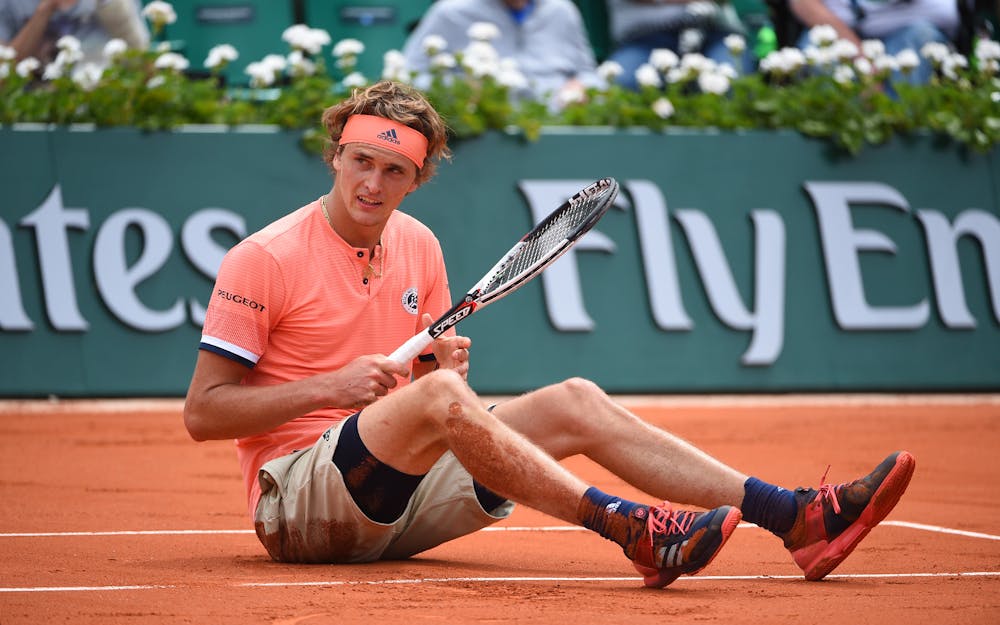Perhaps it was Dzumhur with a cluttered mind. The Bosnian played a dreadful fourth game, committing four straight unforced errors to allow Zverev to break back at 4-4. The set progressed to a tiebreak, which Zverev controlled.
And when he went up 4-2 in the fifth, it looked as if he’d finally done enough to ensure victory.
But his game unravelled once again. He was broken at love in the eighth game, unable – or unwilling? – to pull the trigger on his normally powerful groundstrokes and struggling whenever he approached the net. He finished the match a forgettable 29-from-67 at net, a conversion rate of just 43 per cent.
After winning three straight games, Dzumhur arrived at match point when receiving at 4-5, but that opportunity was erased when the German produced an unreturnable serve out wide.
Zverev held, broke serve in the next game – surprisingly, with a forehand volley winner – and broke in the final game to seal the scratchiest, grittiest of victories.
“It's never easy,” Zverev admitted. “It's a Grand Slam. People play their best tennis at Grand Slams, especially on big courts against higher-ranked opponents. For me, this was a normal thing to see.
“I'm trying to win matches. If it takes me three sets, great. If it takes me five sets, that's also great. But I'm trying to win.
“Now I'm in the next round, and that's all that matters. I'm going to play in two days' time, and that's it. There is nothing more to it.”
 ROLAND-GARROS
19 May - 8 June 2025
ROLAND-GARROS
19 May - 8 June 2025





 ©Corinne Dubreuil / FFT
©Corinne Dubreuil / FFT